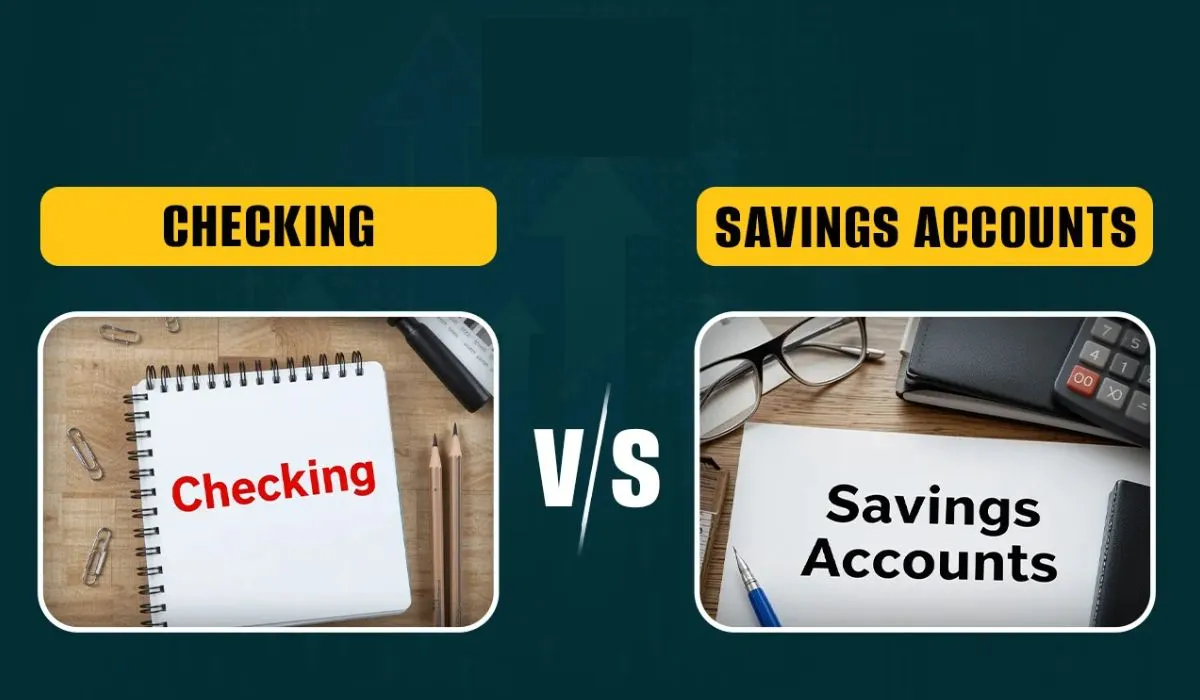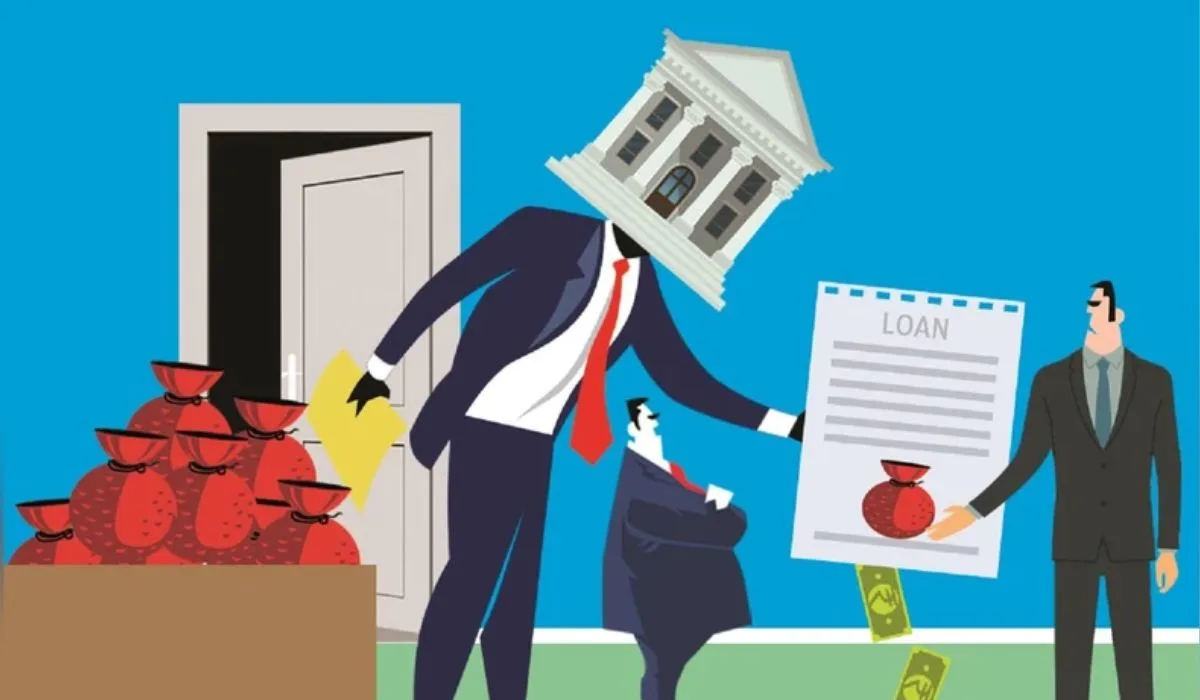A recession is a period in an economy in which the GDP declines. It is defined as a sustained decline for two or more consecutive quarters. Recessions are considered poor economic growth. But there are more characteristics to it. There are widespread job losses, lesser jobs, and more government relief.
With all this, you might wonder whether or not it is a good idea to invest during a recession. During a recession, stock values often decrease. Theoretically, that’s a piece of bad news for a portfolio. But on the other hand, leaving investments alone can mean not locking in recession-related losses. Lower stock values offer a base for investing on the cheap.
Investing during a recession can be good but only under the following situations:
ãÎ If you have plenty of emergency funds:
Image source: etmoney.com
You should always aim to have enough money in the bank to have three to six months of expenses for living. It should be of good range. If you have some extra money for disposal, you can invest it. If not, then first build a solid emergency fund base.
ãÎ If you are planning not to touch your portfolio for at least seven years:
Image source: dividendsdiversify.com
Investing during a recession is not for a weak heart. You may think you are buying at a low price, but you will see that your portfolio value declines a few days later. The best way to avoid losses during a recession and emerge is to take a long-term approach to invest. Plan on leaving your money aside for at least seven years.
ãÎ If you are not going to check your portfolio repeatedly:
Image source: pixabay.com
When there is a recession and there is a lot of stock market movement going on, you would want to log on to your brokerage account daily. You may be more inclined to see how your portfolio is doing. But if you are planning to invest during a recession, you can’t do that. The more you keep a check obsessively on your investments, the more you would panic. And in panic, you would make rash decisions instead of rational decisions. These include unloading poorly performing stocks. These will lead you to losses.
ãÎ If you are in a strong financial condition:
Image source: phroogal.com
It can be a good idea to invest during a recession only if this is the case. And only if you have the right attitude and approach. You should never compromise on your financial security for long-term profit. If you are hurting financially, you should not take risks. Instead, you should focus more on paying bills. Keeping yourself mentally healthy also comes here. You can easily invest when your earnings are steadier.
What to invest in during a recession?
Image source: entrepreneur.com
Index funds can be a great way to invest during a recession and otherwise also. It is a good deal. But there are people mostly who prefer investing in individual stocks. The best strategy in the recession is to find good businesses, and quality businesses, and hold on to them.
In a recession, how to invest is equally important as what to invest. Investing incrementally should be your strategy. This technique is called dollar-cost averaging. It refers to investing equal amounts of dollars laid in certain time intervals instead of buying all at once. In this strategy, you can buy more when prices fall. So, recession can be a great time to buy stocks at favorable prices.
What not to invest in during a recession?
In the recession, you should avoid speculating. Weaker companies often become bankrupt during the recession. Stocks fall by 80-90% in a recession but that’s a broken business. Following are some points to keep in consideration as to what should be not invested in a recession:
ãÎ Don’t try to time the bottom:
Image source: economictimes.indiatimes.com
Trying to time the market can be the wrong thing. We never know when the market is going to hit the bottom, but we can just be cautious. So, invest in stocks you want to hold for years. This should be your approach even if the market continues to hit the bottom.
ãÎ Don’t try to day trade:
Image source: businessinsider.com
Don’t start trading stocks just like that or casually. Long-term investing should be your approach in the stock market arena. Day trading is a bad idea.
ãÎ Don’t sell just because your stocks went low:
Image source: smallbiztrends.com
It is one of the most important things to not panic sell the stocks when they fall. Don’t let emotions overpower you. Panic selling is the opposite of the goal of investing.
Conclusion
Image source: business-standard.com
During recessions, it is important to stay on the course. The Recession is a highly turbulent and volatile time. So, investing wisely is the thing that you should take care of. There are so many bad consequences of a recession. You should invest only if you are confident. If you have plenty of emergency funds and savings, you can invest. Do not obsessively check your portfolio as it can lead to panic situations. No one can truly predict how the market is going to behave in the future. So, be prepared. Stock mutual funds and ETFs are risky during recessions. In a recession, stock prices tend to fall, so it is a good time to invest. Buying stocks pays off in the long run. Timing the market is going to be risky. Trying to buy when the prices are low is also risky. There are steps that you can take to become financially stable during a recession like building a 12- to 24- hour emergency fund, minimizing high-interest debt, keeping credit accounts active, buying in bulk if that’s possible, and opting for frozen produce, and buying from generic brands. If you are choosing a career change, look for a recession-proof position. Diversify your portfolio. Creating additional sources of income can help, and you could also resell your items. Panicking is not a solution to anything. Think calmly. Be calm and composed. And don’t panic because situations can get worse if you do so.










